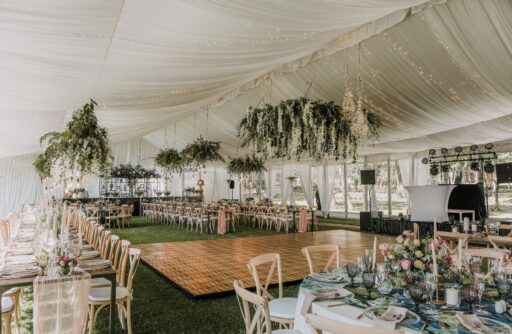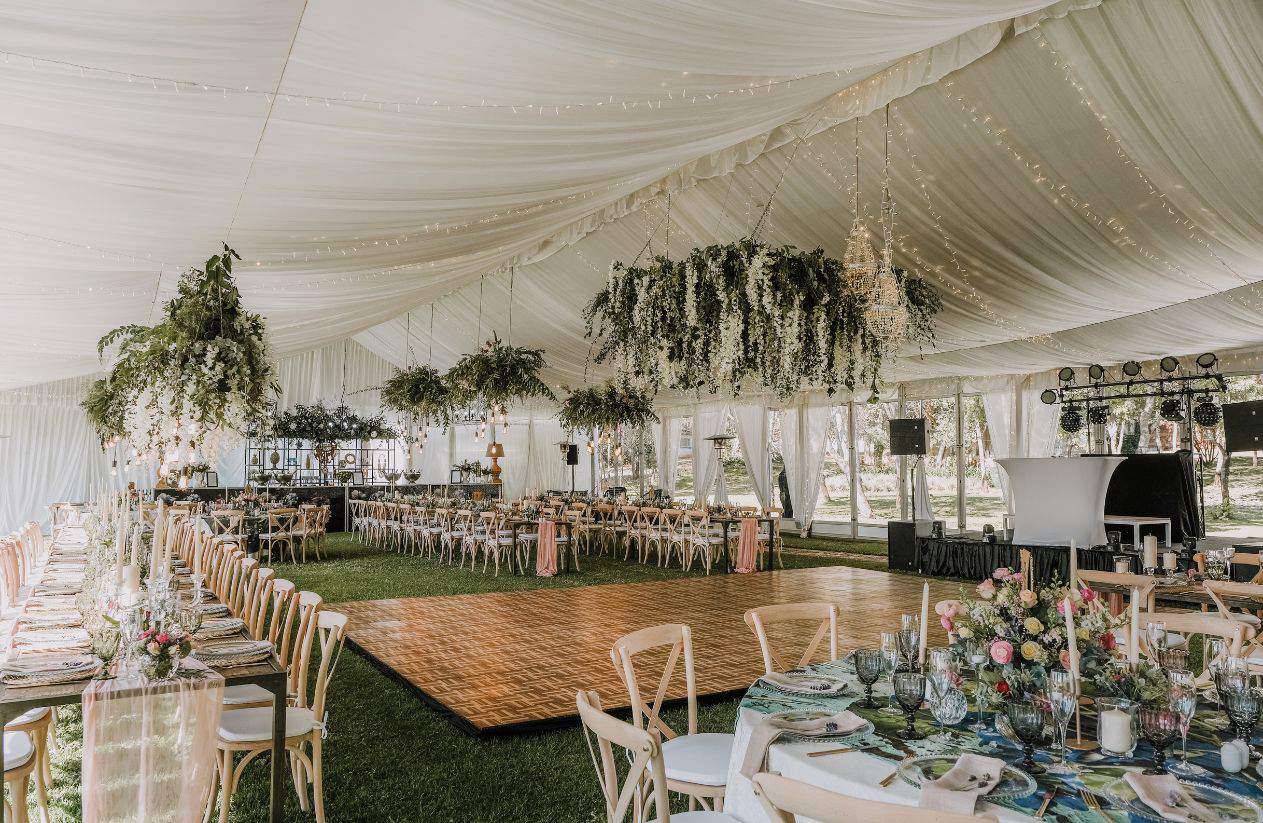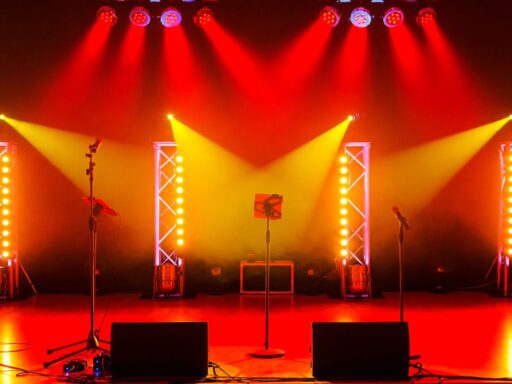Have you ever felt that knot of anxiety tightening in your stomach? It often strikes when planning an event, and perhaps nothing fuels it more than the daunting task of trying to find the perfect event venue.
The chosen space isn’t just a backdrop; it’s the very stage upon which your event unfolds, profoundly influencing everything from guest experience to overall success. Navigating countless options, juggling budgets, and ensuring the space aligns with your vision can feel overwhelming.
But fear not, this guide will illuminate a clear path. We’ll take you through understanding your unique needs, effective scouting strategies, smart budgeting, and crucial technical considerations, providing a comprehensive, step-by-step approach to securing the ideal setting for your memorable occasion.
Alright, let’s dive into the heart of your event planning – understanding its very essence. To truly find the perfect event venue, you need to become intimately familiar with your event’s DNA. It’s like getting to know someone before planning a big party for them, right?
Laying the Foundation: Understanding Your Event’s DNA

To truly find the perfect event venue, you need to first understand the very essence of your event. Think of it as getting to know the personality of your gathering before you pick its home.
Defining Your Event’s Purpose and Goals
What’s the core reason for your event? Is it a joyous celebration, a learning opportunity, a chance to connect professionals, or a way to raise funds for a cause? Identifying this primary objective is your crucial first step.
Next, consider what you want your attendees to walk away with. What’s the lasting impression or benefit you hope they gain? The venue you choose should actively support these goals.
For instance, a conference aiming for interactive learning might benefit from a venue with ample breakout rooms, while a celebratory gala would thrive in a spacious venue with a dance floor.
Ask yourself: how can the physical space of the venue become a partner in achieving your event’s aspirations?
Deep Dive into Your Audience
Your attendees are the heart of your event! Start by estimating how many people you expect, keeping in mind potential fluctuations. A venue that feels roomy with a smaller crowd might feel cramped if more guests attend, and vice versa.
But go beyond just the numbers. Who are these individuals? What are their demographics (age, location, profession) and even their psychographics (interests, lifestyle, values)? Understanding your audience on a deeper level will inform their needs and expectations regarding comfort, accessibility, and the overall experience. Will they prioritize convenience and ease? Do they expect a sophisticated setting or a more relaxed atmosphere?
Crucially, consider any special requirements your attendees might have. Will some need accommodations for dietary restrictions? Will others require wheelchair access or other mobility considerations? Thinking about these needs early on ensures everyone feels welcome and can fully participate.
Setting the Stage: Desired Ambiance and Style
Envision the atmosphere you want to create for your event. Is it formal and elegant, buzzing with casual energy, intimate and cozy, or perhaps lively and energetic? The venue you select should naturally align with this desired vibe.
Consider the overall style or theme of your event. A rustic barn could be the perfect backdrop for a country-themed wedding, while a sleek, modern loft might be ideal for a cutting-edge technology conference.
Think about how the venue’s existing features – its architecture, décor, and lighting – will either enhance or contrast with your vision.
By clearly defining your event’s purpose, deeply understanding your audience, and envisioning the desired ambiance, you’re establishing a solid foundation.
This clarity will be your guiding star as you embark on the exciting quest to find the perfect event venue. What aspect of your event’s DNA feels like the most important factor in your venue search right now?
Related Content: Essential Venue Logistics Tips for Successful Event Planning
The Art of Venue Scouting: Where to Look and What to Look For
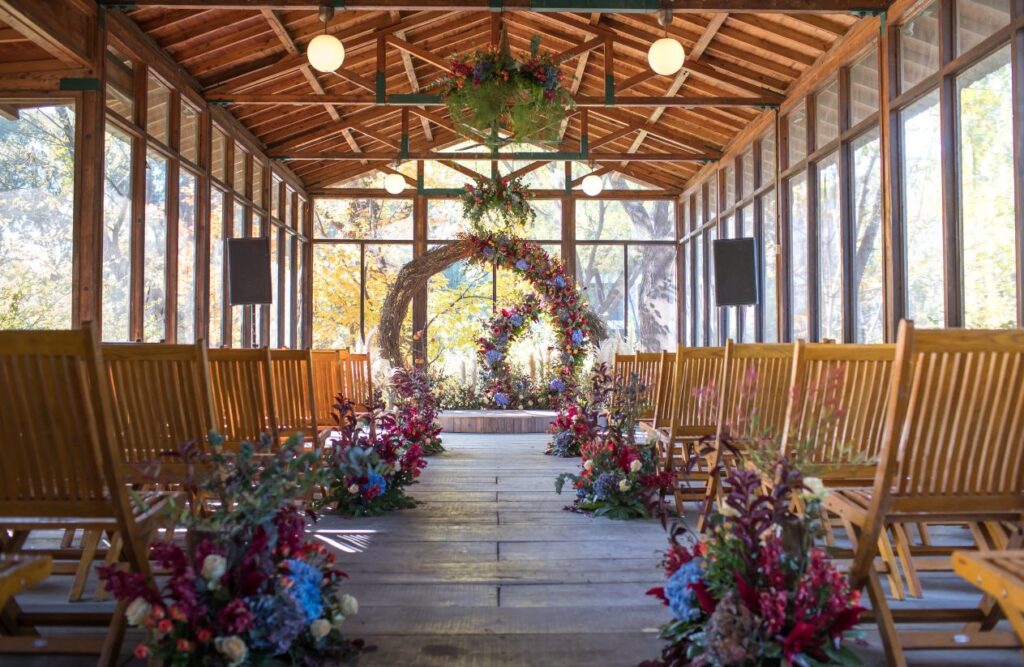
Once you have a clear picture of your event’s DNA, the exciting phase of venue scouting begins! Think of it as an adventure to discover the ideal backdrop for your vision. To find the perfect event venue, you’ll need to cast a wide net and know exactly what to look for when you find potential contenders.
Broadening Your Search Horizons
The digital age offers a plethora of resources to kickstart your search:
- Online Venue Directories and Search Engines: Websites like The Knot, EventUp, Peerspace, and Cvent are treasure troves of venue listings. Utilize specific keywords like “event venues in [your city/region]” or even more niche terms based on your event type (e.g., “unique wedding venues,” “corporate event spaces”). Don’t underestimate the power of a good old-fashioned Google search!
- Social Media and Professional Networking Groups: Platforms like LinkedIn, Facebook groups dedicated to event planning, and even Instagram can be surprisingly helpful. Ask for recommendations within your network or search for venues using relevant hashtags. Visual platforms like Instagram can also give you a great sense of a venue’s aesthetic.
- Referrals from Colleagues, Friends, or Other Event Professionals: Word-of-mouth can be invaluable. Reach out to people in your industry or friends who have recently hosted similar events. Their firsthand experiences can provide insights you won’t find online.
- Local Convention and Visitor Bureaus: These organizations often have comprehensive lists of venues in their area, catering to a wide range of events. They can be particularly helpful if you’re considering a location you’re not overly familiar with.
Key Factors in Venue Evaluation
As you start identifying potential venues, it’s crucial to evaluate them based on several key factors:
- Location and Accessibility:
- Proximity: How easy is it for your attendees to get to the venue? Consider its nearness to public transportation hubs like bus stops and train stations, as well as airports if you have out-of-town guests.
- Parking: Is there ample parking available, and what are the associated costs for your attendees? Valet options might be a plus for certain events.
- Safety and Convenience: Is the surrounding area safe and well-lit, especially if your event runs into the evening? Are there nearby amenities like hotels or restaurants that might be beneficial for your guests?
- Accommodation: If you have many out-of-town guests, are there convenient and reasonably priced hotel options nearby? Some venues even have on-site accommodations.
- Capacity and Layout Flexibility:
- Room Configurations: Understand the different spaces the venue offers and how they can be configured to suit your event activities (e.g., banquet seating, theater style, cocktail reception).
- Minimum and Maximum Capacity: Ensure the venue can comfortably accommodate your expected number of guests without feeling too empty or overcrowded. Pay attention to both seated and standing capacities.
- Customization and Flow: Can the space be easily adapted to your needs? Is there a natural flow between different areas, such as a reception space leading into a main hall or breakout rooms being easily accessible?
- Amenities and Services:
- Catering: Does the venue offer in-house catering? If so, inquire about menu options, flexibility for dietary restrictions, and tasting opportunities. If not, what are their policies on outside caterers?
- Audiovisual Equipment: What AV equipment (sound system, projectors, screens, microphones, lighting) is included or available for rent? Understand the quality and technical support offered.
- Furniture: What furniture (tables, chairs, staging) is provided? Does it align with your event’s style, or will you need to rent additional pieces?
- Wi-Fi and Internet Connectivity: Reliable internet access is often a necessity, especially for corporate events or events with social media engagement. Inquire about bandwidth and accessibility.
- Staff Support: What level of staff support is provided? This could include event coordination, security personnel, technical support, and setup/cleanup crews.
By thoughtfully considering these factors and diligently exploring your options, you’ll be well on your way to discovering the perfect event venue that sets the stage for a truly successful and memorable occasion. What are your initial thoughts on the venues you’ve encountered so far in your search?
Wise Spending: Mastering Event Venue Budgeting and Negotiation
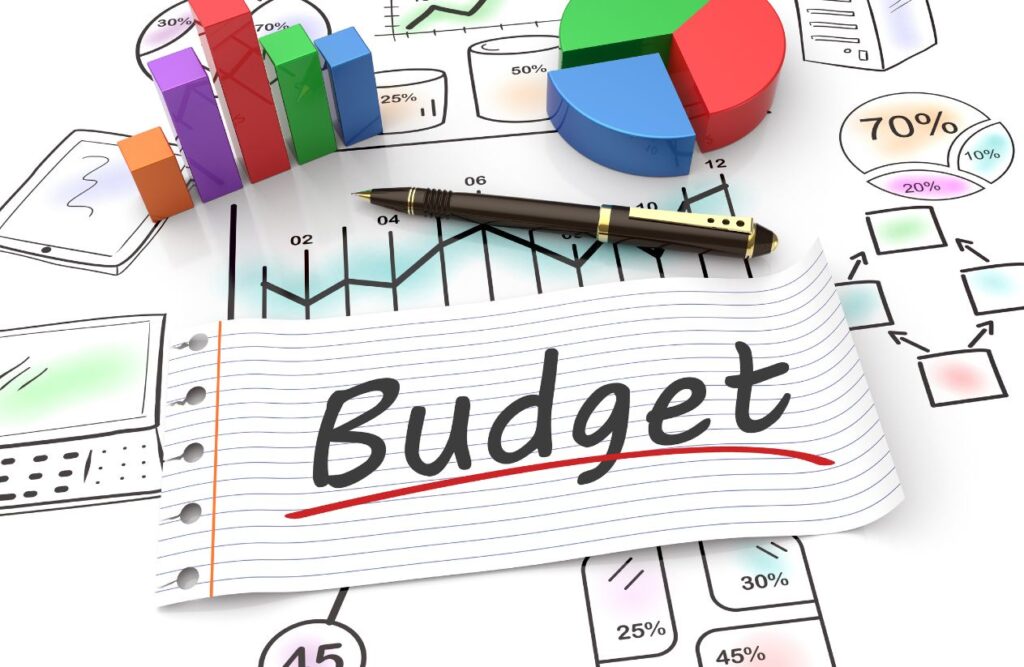
Securing the ideal event venue is a significant part of your planning, and it’s crucial to approach the financial aspect with wisdom and strategy.
Effective budgeting isn’t about finding the cheapest option; it’s about maximizing value and making informed decisions that align with your overall event goals without breaking the bank.
Deconstructing Venue Costs
Before you fall in love with a space, you need to understand the breakdown of its costs. Don’t just look at the initial rental fee. Inquire about:
- Base Rental Fees: What does this fee specifically cover? Is it just the raw space, or does it include basic amenities like standard lighting or in-house furniture?
- Catering Costs: Understand the per-person costs for different packages, as well as the venue’s flexibility for customization if your event has unique culinary needs or dietary restrictions.
- AV Equipment Rental and Technical Support Charges: Factor in the costs for any audiovisual equipment you’ll need (projectors, screens, sound systems, microphones) and the fees for on-site technical support.
- Staffing Fees: Determine the costs for essential staff like bartenders, servers, and security personnel. Are these included in packages, or are they separate charges?
- Service Charges and Gratuities: Be aware of any mandatory service charges or expected gratuities, as these can significantly impact the final cost.
- Potential Hidden Costs: Always ask about potential hidden fees, such as setup and cleanup charges, overtime fees if your event runs longer than planned, corkage fees if you bring your own alcohol, or fees for using specific areas of the venue.
Setting a Realistic Budget
Start by establishing your total budget for the entire event and then allocate a reasonable portion specifically for the event venue. Research average venue costs in your location for comparable spaces to get a benchmark.
Next, prioritize the venue features that are absolutely essential for your event’s success. If a stunning view is less important than state-of-the-art AV for your conference, allocate your funds accordingly.
It’s also wise to create a contingency fund to cover any unexpected expenses that might arise during the venue booking process or closer to the event date.
The Art of Negotiation
Don’t be afraid to negotiate! While some premier venues might have less flexibility, many are open to discussion, especially under certain circumstances:
- Researching Average Venue Costs: Arm yourself with knowledge of what similar venues in your area charge. This will give you leverage during negotiations.
- Identifying Potential Areas for Negotiation: Consider if your event dates fall during off-peak seasons or weekdays when venues might be more willing to offer discounts. Bundling services (like catering and AV) with the venue rental might also lead to cost savings.
- Understanding the Venue’s Pricing Structure and Flexibility: Ask about different pricing options. For example, a daytime event might be less expensive than an evening gala. Inquire about any flexibility they might have in their packages or pricing.
- Building a Positive Rapport with the Venue Manager: A friendly and professional approach can go a long way. Building a good relationship can make them more receptive to your requests.
- Getting Everything in Writing: Once you’ve reached an agreement, ensure all the details, including the agreed-upon price and included services, are clearly documented in the contract. This will protect you from misunderstandings down the line.
By approaching venue budgeting strategically and being prepared to negotiate, you can secure the perfect event venue that meets your needs and your budget. What are some of your initial thoughts on the budgeting aspect for your event?
Delving into the Details: Technical Requirements and Logistics
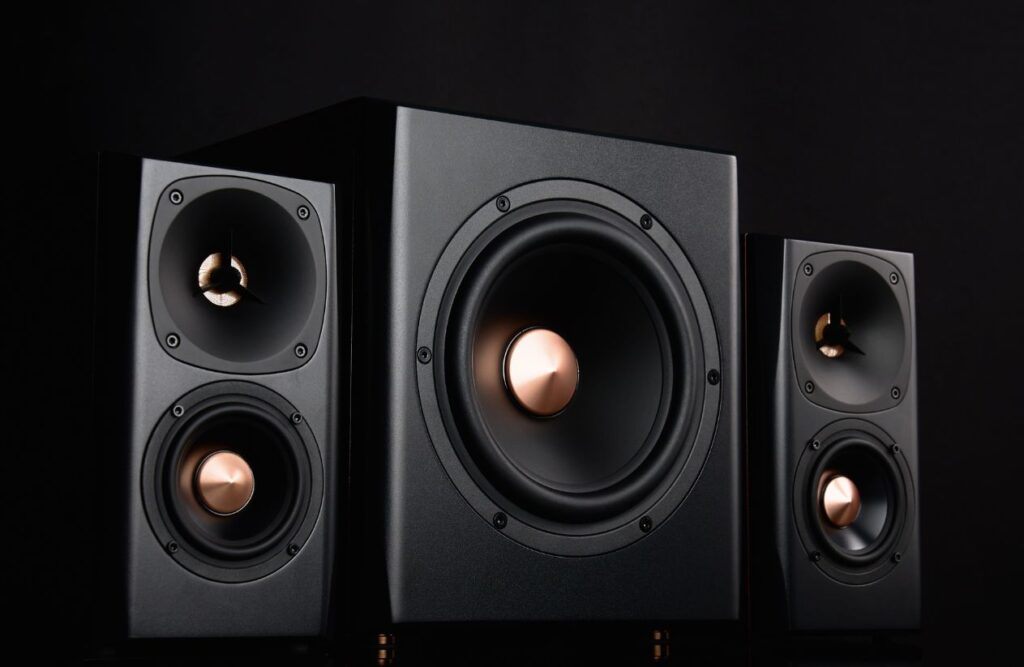
When you’re working to find the perfect event venue, don’t just focus on aesthetics and capacity.
The technical and logistical aspects can significantly impact the smooth execution of your event, especially if you have entertainment or specific presentation needs. Overlooking these details can lead to frustrating last-minute scrambles.
For Musicians and DJs:
If your event includes live music or a DJ, consider these technical must-haves:
- Stage Size and Setup Requirements: Does the venue have a stage that’s appropriately sized for the number of performers and their equipment? Understand the stage dimensions and any restrictions on setup.
- Power Supply Needs: Inquire about the availability and location of power outlets. Musicians and DJs often have specific voltage and amperage requirements for their equipment.
- Sound System Compatibility and In-House Equipment: If the venue has an in-house sound system, ensure it’s compatible with the performers’ needs and inquire about its quality and capabilities. Clarify microphone availability and input/output options.
- Acoustics of the Venue: The natural acoustics of a space can greatly affect sound quality. Ask if the venue has any sound dampening or treatments in place and if there are known acoustic challenges.
- Load-in and Load-out Procedures and Access: Understand the venue’s policies and available access points for loading and unloading equipment. Are there ramps, elevators, or specific time windows for setup and teardown?
For Presentations and Conferences:
For events centered around presentations and conferences, pay attention to:
- Audiovisual Equipment Specifications: Confirm the availability and specifications of projectors, screens (size and type), microphones (wired, wireless, lavalier), and lighting options. Test the equipment beforehand if possible.
- Internet Bandwidth and Reliability: Reliable and sufficient internet bandwidth is crucial for presentations, live streaming, or any activity requiring online connectivity. Inquire about the venue’s Wi-Fi capabilities and if they can support your event’s demands.
- Technical Support Availability: Will there be on-site technical staff available to assist with any AV issues or setup? Understand their hours and response times.
- Staging and Podium Requirements: Ensure the venue can provide a suitable stage and podium for speakers, considering visibility and accessibility.
Essential Logistical Considerations:
Beyond the specific needs of your entertainment or presenters, consider these broader logistical aspects:
- Setup and Teardown Timelines and Restrictions: Understand the timeframes you’ll have access to the venue for setup before the event and teardown afterward. Are there any restrictions on when vendors can access the space?
- Vendor Access and Coordination: If you’re bringing in external vendors (e.g., decorators, photographers), clarify the venue’s policies regarding vendor access, insurance requirements, and coordination procedures.
- Permits and Licenses: Inquire if the venue has the necessary permits and licenses to host your type of event. Depending on your event, you might also need to obtain additional permits.
- Insurance Requirements: Understand the venue’s insurance requirements and whether you need to obtain additional event-specific insurance.
- Emergency Procedures and Contact Information: Familiarize yourself with the venue’s emergency procedures, evacuation plans, and key contact information in case of any issues.
By carefully considering these technical requirements and logistical details, you can ensure that your chosen perfect event venue not only looks the part but also functions seamlessly for your event’s specific needs. Have you started thinking about the technical requirements for your event yet?
Making the Final Decision: Evaluation, Site Visits, and Contracts

After diligently scouting and considering various factors, you’ll likely have a shortlist of potential venues. This is the crucial stage where you refine your choices and ultimately select the perfect event venue.
Evaluating Your Options
To make a well-informed decision:
- Creating a Comparative Checklist: Develop a detailed checklist based on your previously identified needs, budget, and preferences. Score or rank each potential venue against these criteria to get a clear side-by-side comparison.
- Weighing the Pros and Cons: For each venue on your shortlist, create a balanced list of its advantages and disadvantages. Be honest and consider how each point might impact your event and your attendees.
- Considering Feedback: If you’re planning the event with a team or have key stakeholders, share your top choices and gather their feedback. Different perspectives can highlight aspects you might have overlooked.
The Importance of Site Visits
No matter how impressive a venue looks online, a site visit is non-negotiable. It allows you to:
- Scheduling and Preparing: Contact your top contenders to schedule site visits. Prepare a list of specific questions based on your earlier research and the venue’s initial information.
- Key Questions to Ask: During the visit, don’t hesitate to ask detailed questions about logistics, technical capabilities, staffing, and any areas of concern you might have.
- Observing Firsthand: Pay close attention to the venue’s ambiance, cleanliness, and overall condition. Imagine your event unfolding in the space. Does the layout work? Is the lighting suitable? Are the restrooms adequate?
- Meeting the Staff: Interact with the venue staff you’ll be working with. Are they professional, helpful, and responsive? A positive working relationship is crucial for a smooth event.
- Taking Detailed Notes and Visuals: Bring a notebook and camera (or your phone) to document your observations, take measurements if needed, and capture photos and videos for later review.
Understanding and Negotiating the Contract
Once you’ve identified your top choice, the contract is the final, critical piece:
- Reviewing All Clauses Carefully: Read every section of the contract thoroughly. Pay close attention to payment terms, cancellation policies (for both you and the venue), liability clauses, and any attrition clauses (charges if you don’t meet minimum guest numbers).
- Seeking Legal Counsel (If Necessary): For large or complex events, it’s wise to have an attorney review the contract to ensure your interests are protected.
- Ensuring All Agreed-Upon Details Are Documented: Any verbal agreements or specific requests you’ve made should be clearly written into the contract to avoid misunderstandings later.
- Understanding Insurance Requirements: Clarify the venue’s insurance requirements and ensure your event insurance (if needed) aligns with their stipulations.
By diligently evaluating your options, conducting thorough site visits, and carefully reviewing the contract, you’ll be well-equipped to make the final decision and secure the perfect event venue that will serve as the ideal foundation for your successful event. What are your thoughts on the importance of the contract review process?
Also Read: Stunning Outdoor Event Venues in Edmonton You Must Explore
Beyond the Booking: Ensuring a Smooth Event Venue Experience
Securing your event venue is a major milestone, but the journey doesn’t end there. To guarantee a seamless event day, clear communication and meticulous planning with your chosen venue are paramount.
Maintain open lines of communication with the venue staff leading up to the event. Share a detailed event timeline with them, outlining key moments like setup start and end times, vendor arrival, guest arrival, program schedule, and teardown.
This ensures everyone is on the same page and can anticipate logistical needs.
Designate a point person from your team to be the primary contact for the venue staff on the event day. This streamlines communication and allows for quick resolution of any on-site issues.
Finally, after the event concludes, take the time to gather feedback from your team and even attendees regarding the venue. This valuable insight can inform your decisions for future event planning endeavors.
Conclusion
The significance of selecting the right backdrop for your gathering cannot be overstated. Your chosen space, more than just four walls and a roof, profoundly influences the atmosphere and overall success of your event.
As you embark on this crucial journey to find the perfect event venue, remember the key steps we’ve explored: understanding your event’s unique DNA, strategically scouting locations, budgeting wisely, considering technical and logistical needs, and meticulously evaluating your options before finalizing the contract.
While the process may seem intricate, with careful planning and diligent research, you can confidently secure a venue that not only meets your practical requirements but also enhances the experience for everyone involved.
Trust your vision, stay organized, and enjoy the process of creating a truly memorable event in the ideal setting. Your perfect space is out there!
Want to hire a DJ for your event? Dont worry, below is a list of DJs that we recommended that you can book or hire for the events:
Find the Perfect Event Venue- FAQ Section
Selecting the right venue for your event is a critical decision that can influence the success of your occasion significantly.
To assist you in navigating some of the most frequent challenges and questions that arise during the selection process, we have compiled a list of FAQs and their resolutions.
How Do I Estimate the Size of Venue I Need?
Start with roughly 10-15 square feet per guest, but remember that the type of event matters. Dinners need more room than seminars. Factor in stages, dance floors, exhibits, etc. The venue’s staff should be able to advise you based on your event plans.
What Should I Consider Regarding Location?
A convenient location is key! Make it easily accessible for most of your guests. If people are traveling, consider a venue near the airport or hotels. Be sure there’s ample parking or good public transportation options nearby. A convenient location can make or break attendance.
How Can I Effectively Negotiate with Venues?
Be clear about your budget from the start. Ask about package deals or discounts for off-season/ less popular days. Many things are negotiable: catering, AV equipment, even room fees. Be polite but assertive, and know what you absolutely MUST have before you start negotiating. Your goal is a fair deal that works for both you and the venue.
